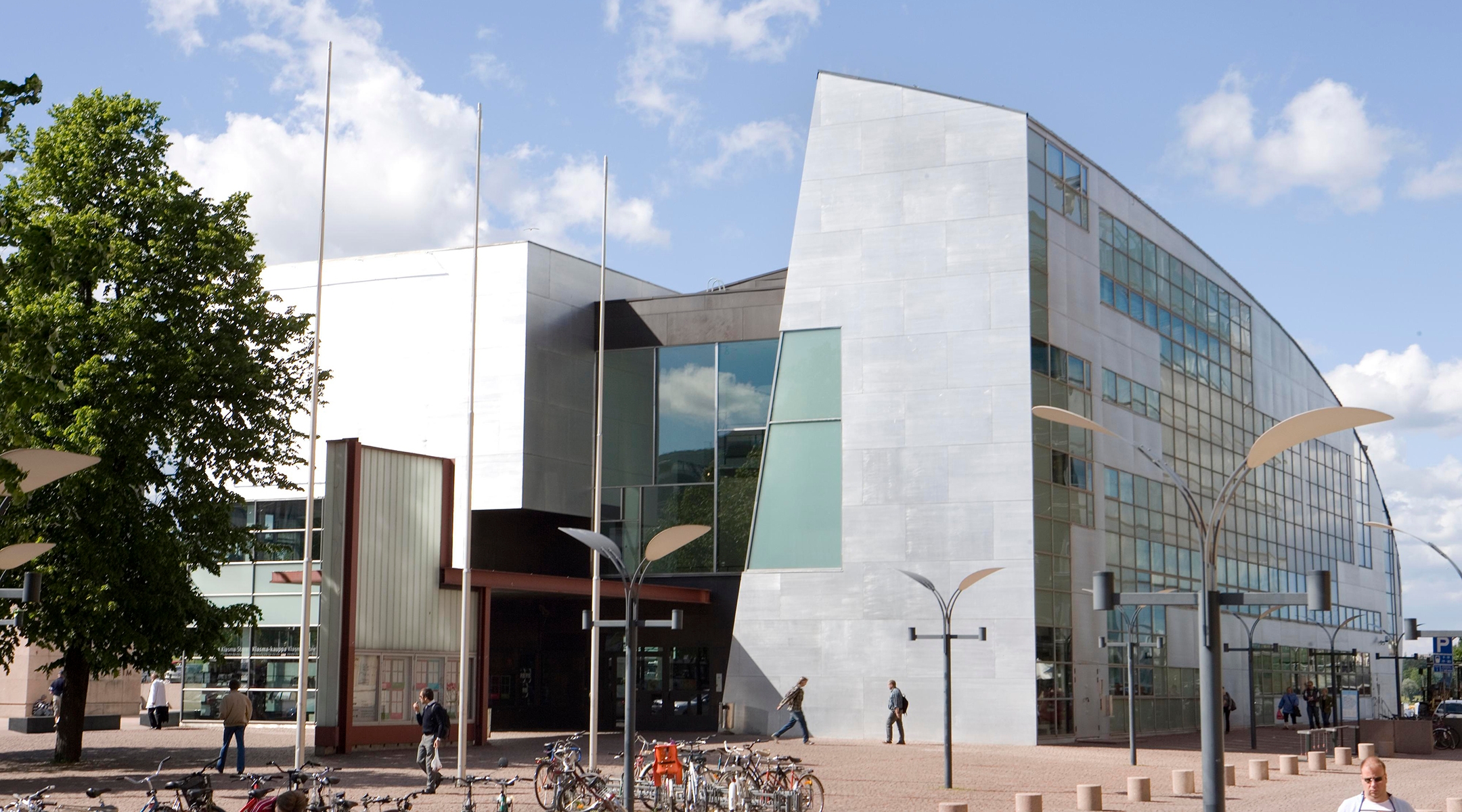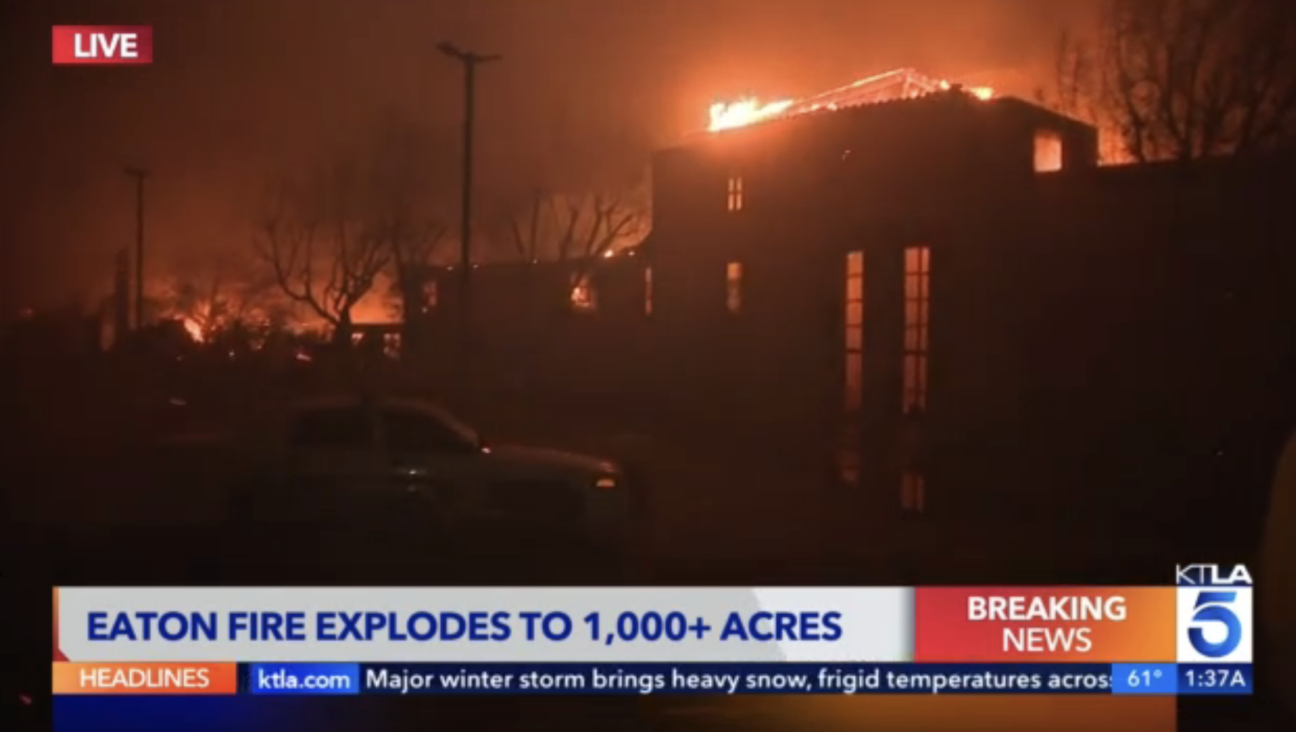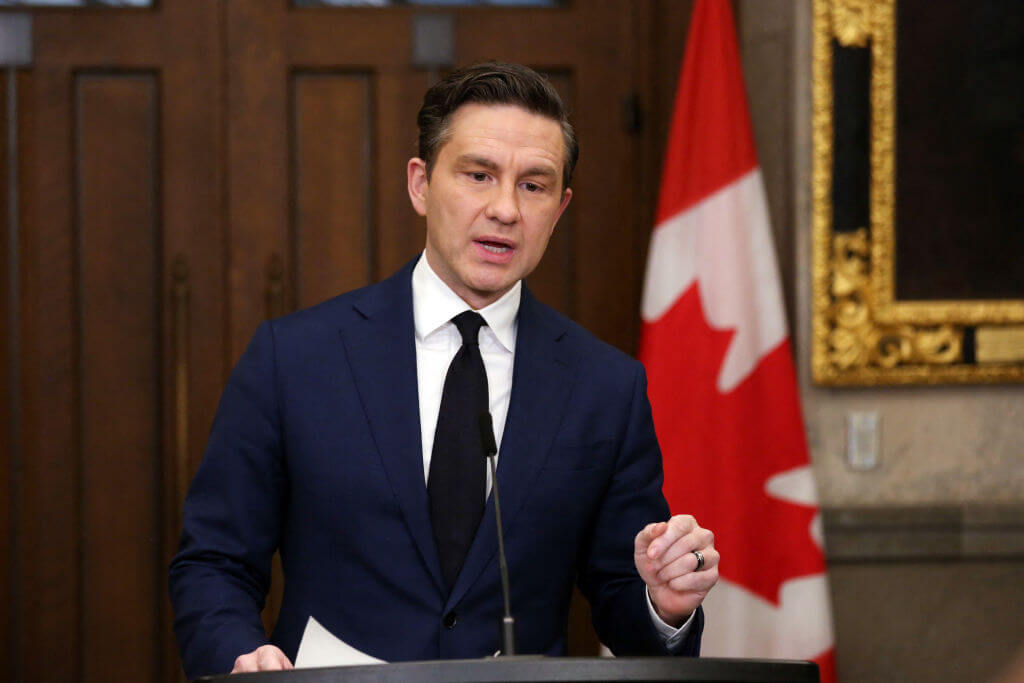Artists are boycotting Finland’s national gallery over an Israeli billionaire on its board
Chaim “Poju” Zabludowicz is the son of Shalom Zabludowicz, a Polish-born Jew and Auschwitz survivor who made his fortune by connecting the Finnish and Israeli arms industries.

The Finnish National Gallery is located in Helsinki. (Petri Virtanen)
(JTA) — Nearly 130 Finnish artists will not be working with Kiasma, the modern art wing of Finland’s national gallery, they announced, in protest of a Finnish-Israeli billionaire who supports the gallery and has connections to both countries’ arms industries.
The artists had signed the statement by Monday after the museum refused to remove a representative of the Zabludowicz Art Trust from its board. The trust was funded and established by Chaim “Poju” Zabludowicz, a Finnish-Israeli billionaire who is the son of Shalom Zabludowicz, a Polish-born Jew and Auschwitz survivor who made his fortune by connecting the Finnish and Israeli arms industries.
“As art workers, we expect the Kiasma Museum of Contemporary Art to refuse financial or other support from private parties involved in arms trading or manufacturing and financial investments in conflict zones,” the statement reads.
Poju Zabludowicz today lives in the United Kingdom and is in charge of Tamares, the family’s holding company, which invests largely in real estate, though it still has some connections to the Israeli and Finnish defense industries. He has also been involved in pro-Israel advocacy, establishing the Britain Israel Communications and Research Centre (BICOM) pro-Israel lobbying group. He donated heavily to Britain’s Conservative party a decade ago.
Zabludowicz was investigated by Israeli police as part of their probe into allegedly illegal gifts given to former Israeli Prime Minister Benjamin Netanyahu, though Zabludowicz was not ultimately listed as a suspect in Netanyahu’s corruption trial.
Zabludowicz and his wife Anita are avid art collectors and have accumulated more than 5,000 pieces from over 500 artists. The Zabludowicz Collection, which is run by the Art Trust, is displayed in galleries in London, New York and Finland.
The trust has long been targeted by boycotts organized by pro-Palestinian activists. Some created a group called BDZ/Boycott Zabludowicz — a spin on the term BDS, referring to the international boycott, divestment and sanctions movement targeting Israel.
“Zabludowicz Art Trust uses art and culture to artwash the Israeli state’s ongoing racism and violence against Palestinians,” BDZ says on its website. “It is intimately connected to lobbying activities on behalf of the Israeli state, and to a company providing services to the Israeli Air Force. The Zabludowicz brand weaponizes culture to legitimate and reinforce the Israeli policy of apartheid.”
Last year, after the last flareup of military hostilities between Israel and Hamas in Gaza, 25 artists “deauthored” their works because of their inclusion in the Zabludowicz Collection, according to ArtNet.
In a statement last year, responding to the boycotts and de-authorizations, the Zabludowicz’s voiced their support for a two-state solution.
“We founded the Zabludowicz Collection to nurture art and artists and promote a culture of inclusivity. The war between Israel and Hamas has broken our hearts once again. We passionately support a Two-State Solution that guarantees the rights of Palestinians and Israelis to live and work side-by-side in peace,” the couple said.
According to Kiasma, it has no power to expel individuals, particularly Finnish citizens, from the board of its support foundation.
“As an organization operating under the Finnish state, the National Gallery and its museums cannot participate in boycotts directed at individual citizens,” the museum said in a statement.
It added: “We participate in those boycotts and blockades to which the Finnish state has committed and directed us to.”
This article originally appeared on JTA.org.
A message from our Publisher & CEO Rachel Fishman Feddersen

I hope you appreciated this article. Before you go, I’d like to ask you to please support the Forward’s award-winning, nonprofit journalism so that we can be prepared for whatever news 2025 brings.
At a time when other newsrooms are closing or cutting back, the Forward has removed its paywall and invested additional resources to report on the ground from Israel and around the U.S. on the impact of the war, rising antisemitism and polarized discourse.
Readers like you make it all possible. Support our work by becoming a Forward Member and connect with our journalism and your community.
— Rachel Fishman Feddersen, Publisher and CEO




















